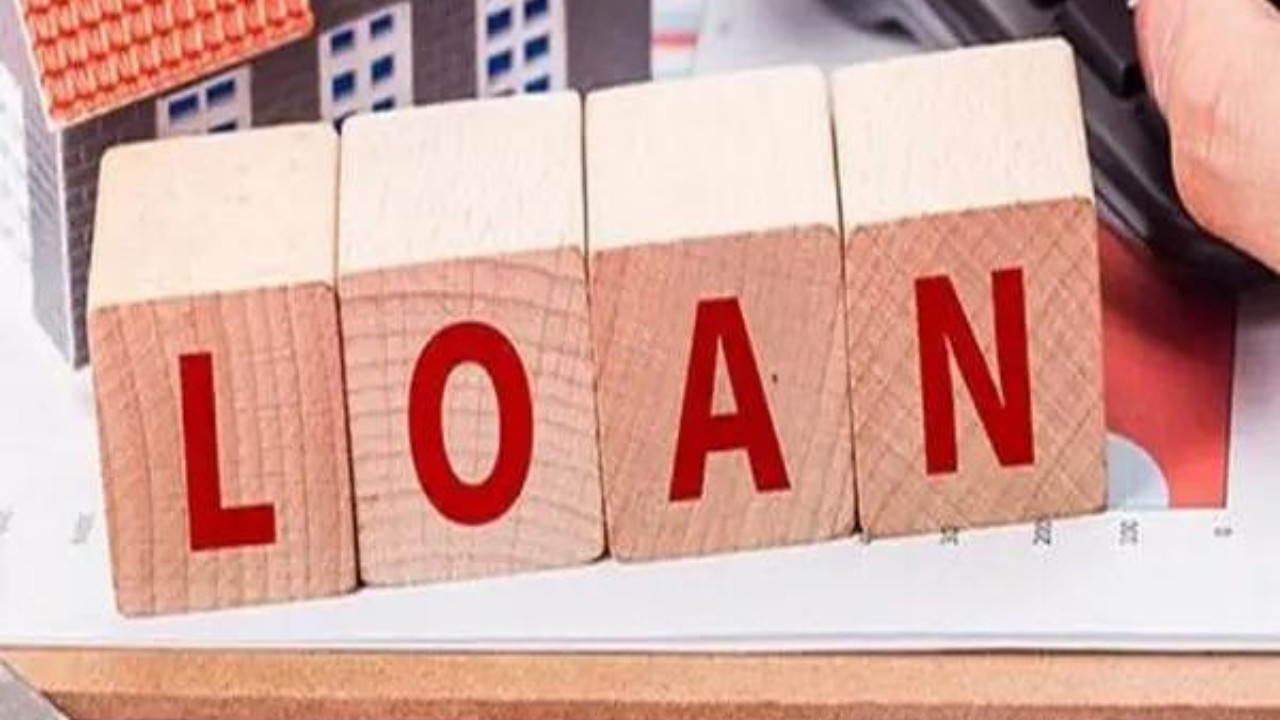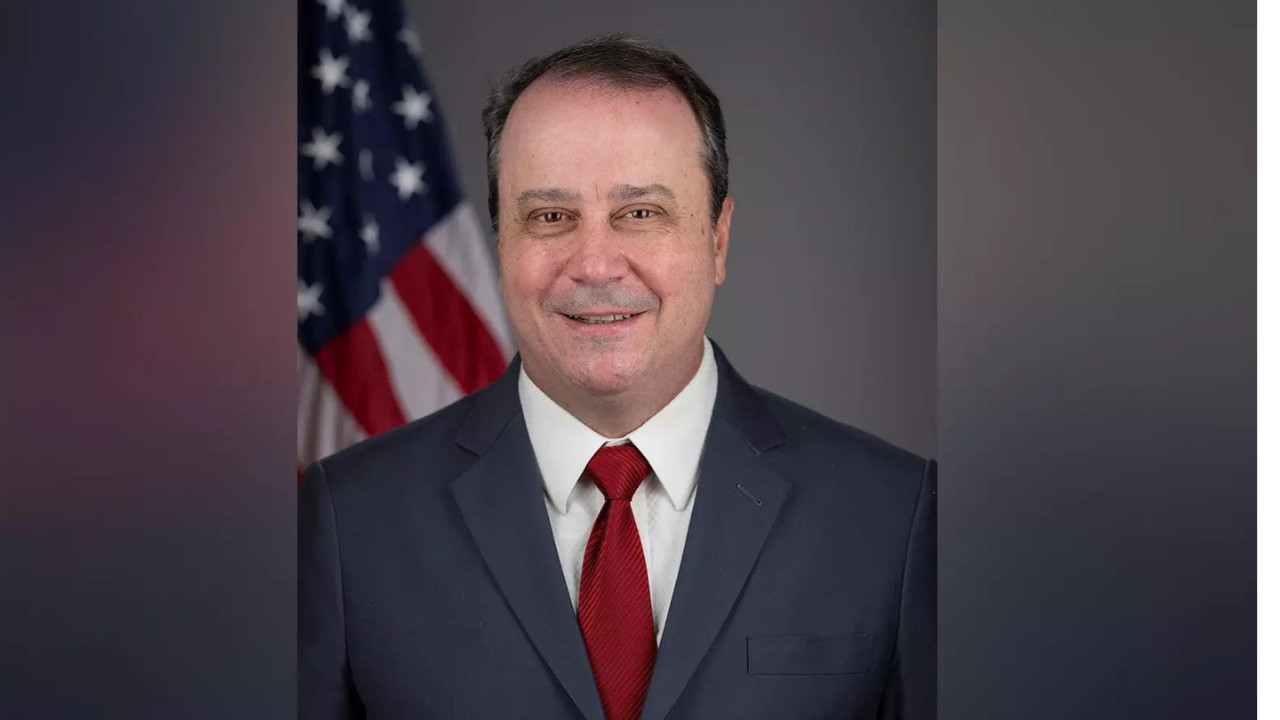CareEdge Ratings anticipates a slight increase in Indian banks’ NPAs by FY26’s first half, driven by rising stress in retail loans, particularly unsecured personal and microfinance. Despite overall asset quality improvements in recent years, private banks face higher slippages due to unsecured lending. Increased retail lending amid subdued corporate credit demand poses potential risks to asset quality.
The Lending Tightrope: Are India’s Retail Loans About to Trip Us Up?
Okay, let’s talk money. Specifically, your money, and how the loans you (or someone you know) are taking out might be quietly reshaping the landscape of Indian banking. We’ve been hearing a lot about the stellar performance of banks lately, about the impressive gains they’ve made in cleaning up their act and reducing Non-Performing Assets (NPAs) – those dreaded loans that just aren’t getting paid back. But is this picture as rosy as it seems?
A recent report from CAREEdge, a well-regarded credit rating agency, throws a bit of a curveball into the narrative. They’re suggesting that the very engine driving much of that growth – the burgeoning retail loan sector – could be hiding some potential potholes. In plain English, the boom in personal loans, credit card debt, and other unsecured lending might be reversing the hard-won progress in tackling bad loans.
Now, before you panic and start stuffing cash under your mattress, let’s unpack this. The report highlights the potential for increased stress in the retail loan segment, particularly in the first half of fiscal year 2026. Why then? Well, the economy, while robust, isn’t a boundless rocket ship. Interest rates, after a prolonged period of relative stability, are being watched like hawks. And while everyone’s optimistic, the global economic climate remains… let’s just say interesting. These external pressures, coupled with the inherent risk associated with unsecured lending, could create a perfect storm.
Think about it. A secured loan, like a home loan, is backed by an asset. If the borrower defaults, the bank can seize the house. Unsecured loans, on the other hand, are built on trust – on the borrower’s promise to repay. They’re faster to get, require less paperwork, and feel like a quick financial fix. But they also come with higher interest rates and, you guessed it, a higher risk of default.
The CAREEdge report isn’t predicting doom and gloom, mind you. It’s more of a cautious flag being waved, urging banks to be vigilant, to tighten their lending practices, and to really scrutinize the creditworthiness of borrowers before handing out cash. They’re basically saying, “Pump the brakes a little; don’t get carried away!”
And honestly, that’s good advice for all of us. The allure of readily available credit can be powerful, especially in a consumer-driven society. But it’s crucial to remember that loans are not free money. They’re obligations, promises that need to be kept.
The report also rightly points a finger at the rapid expansion of the fintech sector. These digital lending platforms have made access to credit incredibly easy, often bypassing the traditional banking gatekeepers. While this democratizes access to finance, it also raises concerns about responsible lending practices and the potential for reckless borrowing, particularly among younger, less financially literate populations.
One of the key factors contributing to this potential risk is the sheer volume of unsecured loans being disbursed. As the economy chugs along, and consumer confidence remains high, people are more willing to take on debt. But economic tides can turn, and when they do, those unsecured loans can quickly become a burden, not just for the borrower, but for the entire financial system.
So, what does this mean for you? Well, if you’re a borrower, it’s a good time to take a hard look at your debt levels. Are you comfortable with your monthly repayments? Are you prepared for potential interest rate hikes? Could you handle a sudden job loss or unexpected expense? Now’s the time to create a financial buffer, to build up your savings, and to avoid taking on unnecessary debt.
For banks, the message is clear: exercise caution. Strengthen your risk assessment processes. Focus on quality over quantity. Don’t chase growth at the expense of prudent lending practices. The long-term health of the financial system depends on it.
The story of India’s banking sector is far from over. The next chapter will be shaped by how well banks manage the risks associated with retail lending. The warning signs are there, subtle but persistent. And now it’s up to everyone – banks, borrowers, and regulators – to navigate the lending tightrope with care and foresight. We’ve seen impressive gains in reducing NPAs, but complacency could quickly erode that progress. The future of India’s financial stability might just depend on the responsible management of those unsecured loans. Let’s hope everyone’s paying attention.
📬 Stay informed — follow us for more insightful updates!







